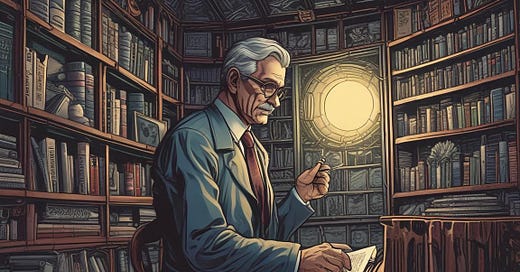A philosophy of education ought to be based upon a philosophy of experience
John Dewey on education as experience
John Dewey was an American philosopher and psychologist. He was a prominent scholar during the first half of the 20th century, and his philosophy of education is still widely studied and applied, to varying degrees, today. His book, Experience & Education, written later in his career, is a distillation of his views on what an education within schools ought to look like.
Dewey places his progressive view of education in contrast with, what he calls, traditional education. In sum, “the subject-matter of [traditional] education consists of bodies of information and of skills that have been worked out in the past; therefore, the chief business of the school is to transmit them to the new generation. In the past, there have also been developed standards and rules of conduct; moral training consists in forming habits of action in conformity with these rules and standards.”
Dewey does not wholly dismiss efforts to transmit knowledge of the past to the young, rather he rejects knowledge acquisition as the end of education. He views such a process as a means, which presents the question: “How shall the young become acquainted with the past in such a way that the acquaintance is a potent agent in appreciation of the living present?”
To answer this question, Dewey put forth “a philosophy of education based upon a philosophy of experience.” An education that is based upon experience, wherein educators “select the kind of present experiences that live fruitfully and creatively in subsequent experiences.”




